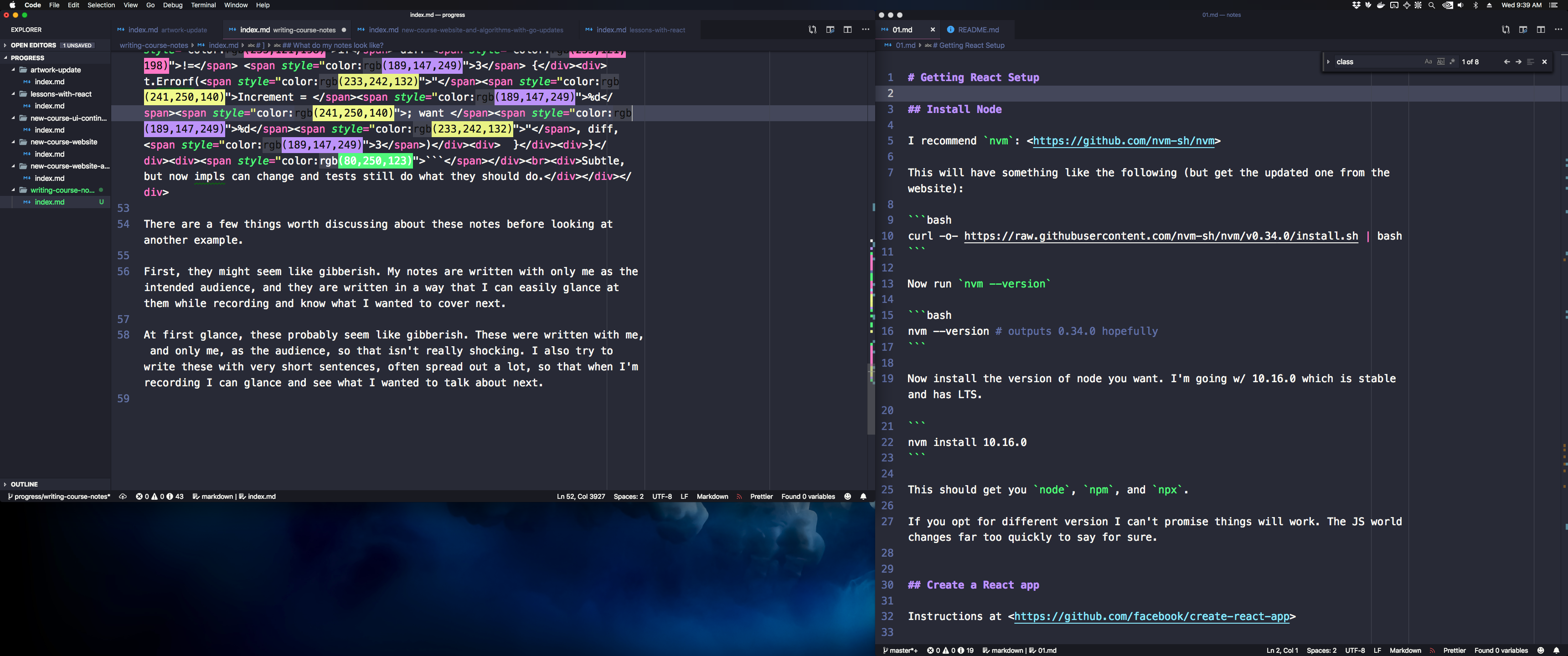
These late lectures contain far too much complex and suggestive material even to summarize in this short space, so I will be selective and concentrate instead on what I take to be some of the more crucial highlights. Just to cite a few random examples of editorial error, several lines of text have disappeared from page 271, and from note 18 on page 291, and in both the translator’s introduction (xix) and the main body of the text (199), the Greek terms “ logos” and “ phusis” are written with terminal zetas instead of sigmas, resulting in gibberish.Īnd yet, in the end, the volume offers a genuine glimpse into the remarkable vision Merleau-Ponty was groping toward in the last few years of his life, a vision partly articulated in his final, unfinished work, The Visible and the Invisible. The result is mixed: occasionally repetitive, sometimes undecipherable, and regrettably marred by an often infelicitous, at times unreliable, translation. What it contains are instead transcriptions of “mediocre copies” of “fragmentary” typewritten notes (xiii), most written by an unknown auditor, some penned by Merleau-Ponty himself. The foregoing narrative is a caricature, of course, but it conveys something of the broad ontological perspective from which Merleau-Ponty delivered these three lecture courses at the Collège de France (in 1956–57, 1957–58, and 1959–60), each entitled “The Concept of Nature.” Strictly speaking, as the translator puts it in his introduction, “we cannot say that this is a text ’by’ Merleau-Ponty” (xv). Where then does our embodied experience and agency fit in the grand scheme of things, between brute nature and pure spirit? The physical sciences, or at any rate their ideological spokesmen, continue to press for reductive mechanistic explanations, while our own manifestly purposive and intelligent attitudes exhibit intentionality and a rational order seemingly incommensurable with the efficient causes and effects of the physical world. We would like to understand ourselves as the animals we know we are, yet the categories of our theoretical understanding seem to leave no room for such a notion.

Philosophy, perhaps Western culture as a whole, has been straining under the conceptual burden ever since.
/article-new/2012/01/classoutline.jpg)
The result, most profoundly expressed in Cartesian dualism, excluded the mind and God from nature and in effect split us down the middle, radically reconstruing us as composites of soul and body, leaving no separate ontological category for living things distinct from ghosts on the one side and machines on the other. Then modern science came along and, under the encouragement of increasingly sophisticated mechanical technologies, reconceptualized nature on analogy with the machine, analyzed wholes into parts, replaced final causes with efficient causes, and seemed to discredit all teleological explanations of natural phenomena. Human beings could feel at home there, if only somewhat uneasily, inasmuch as their own purposes, however different in content, were more or less of a piece formally with those of nature and God. "I am quickly becoming addicted to using this app for all of my notes.Once upon a time, everything in the world, indeed the world itself, seemed to have a kind of purpose. "I wanted to thank you for this fantastic application and tell you how helpful it has been in my classes." "I've tried nearly 20 note taking apps, and CourseNotes is definitly the most elegant and best designed I've seen." "I have purchased just about every note app and this is the best by far!" "This app not only simplifies iPad note taking, but helps keep those notes organized by time and subject" - TUAW
COURSENOTES APP MAC
CourseNotes also syncs over iCloud with CourseNotes for your Mac and other iOS devices.

You can also keep ToDo lists and track assignments–CourseNotes can sync to your iPad calendar to make sure you stay up to date. Review your notes later and search through multiple class meetings and notes all at once. Let CourseNotes be your guide!ĬourseNotes lets you take notes with rich text editing, lets you import PDFs, take photos and import other images, all while recording audio at the same time. Put an end to unreadable notes on torn up spiral notebooks, and stop paging through your notes looking desperately for that one thing you remember writing that one time. Keeping class notes organized is a daunting task for any student. Take notes and record audio during classes and meetings, sync over iCloud to your Mac or other iOS devices! CourseNotes helps you stay organized by keeping notes arranged by subject and class meeting.


 0 kommentar(er)
0 kommentar(er)
